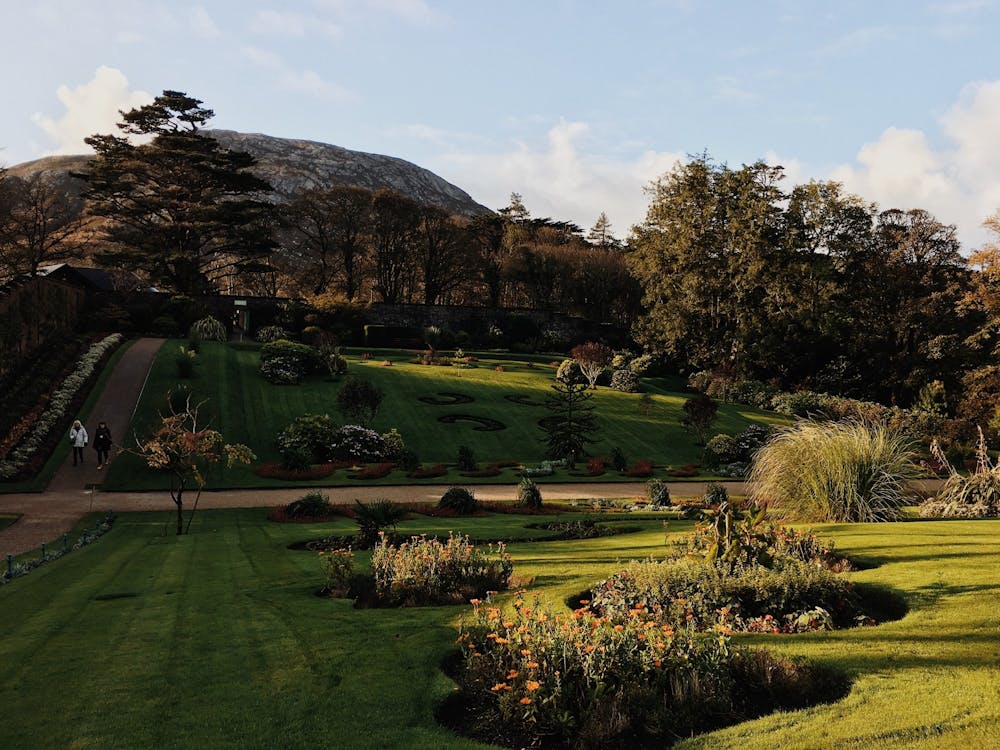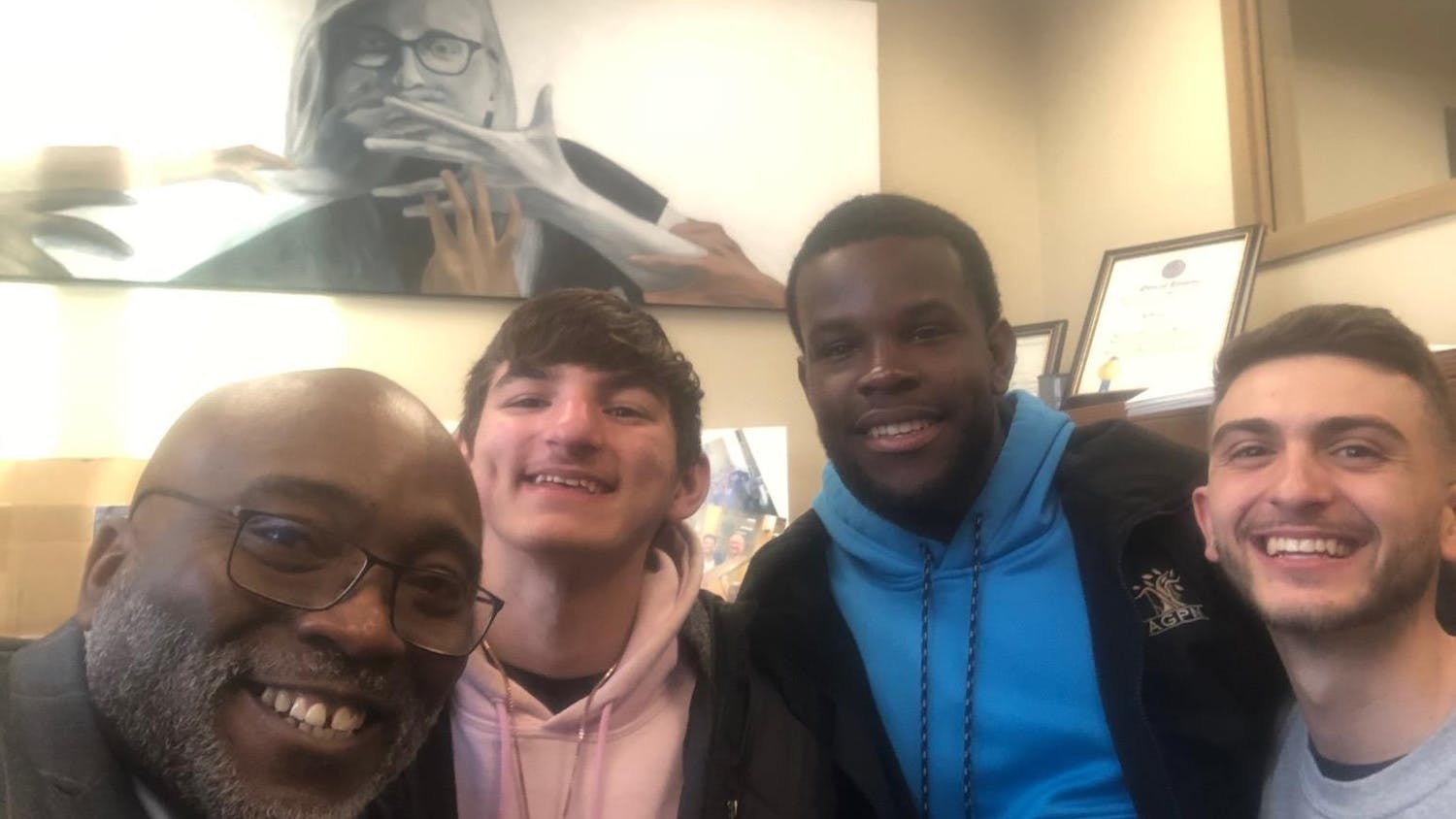The word garden conjures up many different opposing images.
The first of these reveries is my mother’s garden and all the hot summer days I spent as a child, knees planted in the earth, pulling weeds from the rose bushes and pruning brown branches from red geraniums.
After I spent a semester in Ireland, I also see the flawless gardens of country estates complete with orderly rows of exotic flowers and Japanese reflection ponds.
I also think of the original garden. I always wonder what it looked like. It must have been beautiful for God to be so pleased with it. But I think it also must have been very wild. Why else would God ask Adam and Eve to cultivate it?
After the fall, Genesis 3:23 reissues the call to cultivate, noting the work that would forever become synonymous with struggle.
As the descendants of Adam and Eve, this is our inheritance. What does it mean to be inheritors of a tradition of cultivation in a world in which few of us are actual farmers?
The simple answer would have to do with the work God has set aside for us. However, that only addresses what the Lord is talking about on the surface. It neglects the spiritual aspects of toil.
In “Bird by Bird,” Anne Lamott introduces the idea of an emotional acre. In essence, this is a spiritual square that is ours to tend. Here we plant the seeds of truth and grace and pull up the weeds of self-doubt and pride.
To me, this arrangement conjures up more images of the chores of my childhood than strolling through a beautiful garden while studying abroad. Simply put, this is because spiritual growth is hard work and hard work is struggle.
There can be unintended discouragement found in this. We can spend the rest of our lives toiling away at that emotional acre and never see perfect rows of seedlings. We can spend years fixing up the reflection pool, but the face mirrored back will always belong to an imperfect self.
In other words, there will always be a bit of wilderness in my garden. Even so, there is beauty in wilderness.
When I think of my wild garden and what it must look like, I am reminded of another image—a garden that belongs to my friend’s family. It is a poky postage stamp of land surrounded by a small crop of woods, growing plants both intentional and not. When I see his garden, I see a little bit of chaos. But I also see a thing of beauty.
So here is my encouragement. Maybe that is how God sees us.





